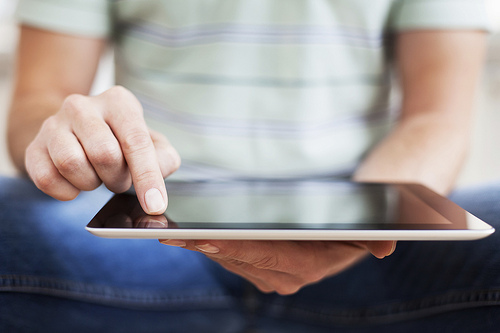Smartphones are an increasingly significant portion of the cell phone market, and the upward trend shows no signs of changing.
In 2010 consumers bought more than 300 million smart phones—devices that include complete operating systems, and for which advanced software can be written— plus nearly 18 million tablet computers.4
Perhaps the most important bit of parenting feedback I can give when it comes to smartphones and tablets is simply to remember that these devices are, in fact, high powered personal computers. The traditional rule of thumb has always been to keep computers out of kids’ bedrooms. Some parents who even today would not consider putting a personal computer in a child’s bedroom don’t think twice about putting an equally powerful piece of equipment in their child’s pocket and sending them off to bed.
Smartphones and tablets are high-powered personal computers in pocket size. Typical features include a high-powered camera, high-resolution video graphics, high quality sound, wireless Internet access (including web browsing), and support for a nearly limitless array of third-party applications. The most popular smartphones are iPhones (from Apple) and phones based on the Android operating system (from Google). The most popular tablets are the Apple iPad, the Samsung Galaxy and the Google Nexus.
This is the part where I go bold with a specific recommendation: I think it’s a huge mistake to give a high-powered, Internet-enabled, mobile device equipped with high-resolution graphics to a young teenager. At this stage of their cognitive development they are extremely susceptible to all types of influences, particularly pornography and relationships with potential predators.5 Even when their online habits aren’t pernicious, they still go down the virtual rabbit hole much faster than adults. When you give them high-powered computing platforms in their pockets, you place them at a potential spiritual and emotional disadvantage that may outweigh the otherwise plentiful benefits. Your teens are going to protest, saying that they can use the devices to study their scriptures. That’s true. I study my scriptures on my phone a great deal of the time. But I still think it’s a mistake to put that much computing power in the hands of a young person in the throes of puberty.

